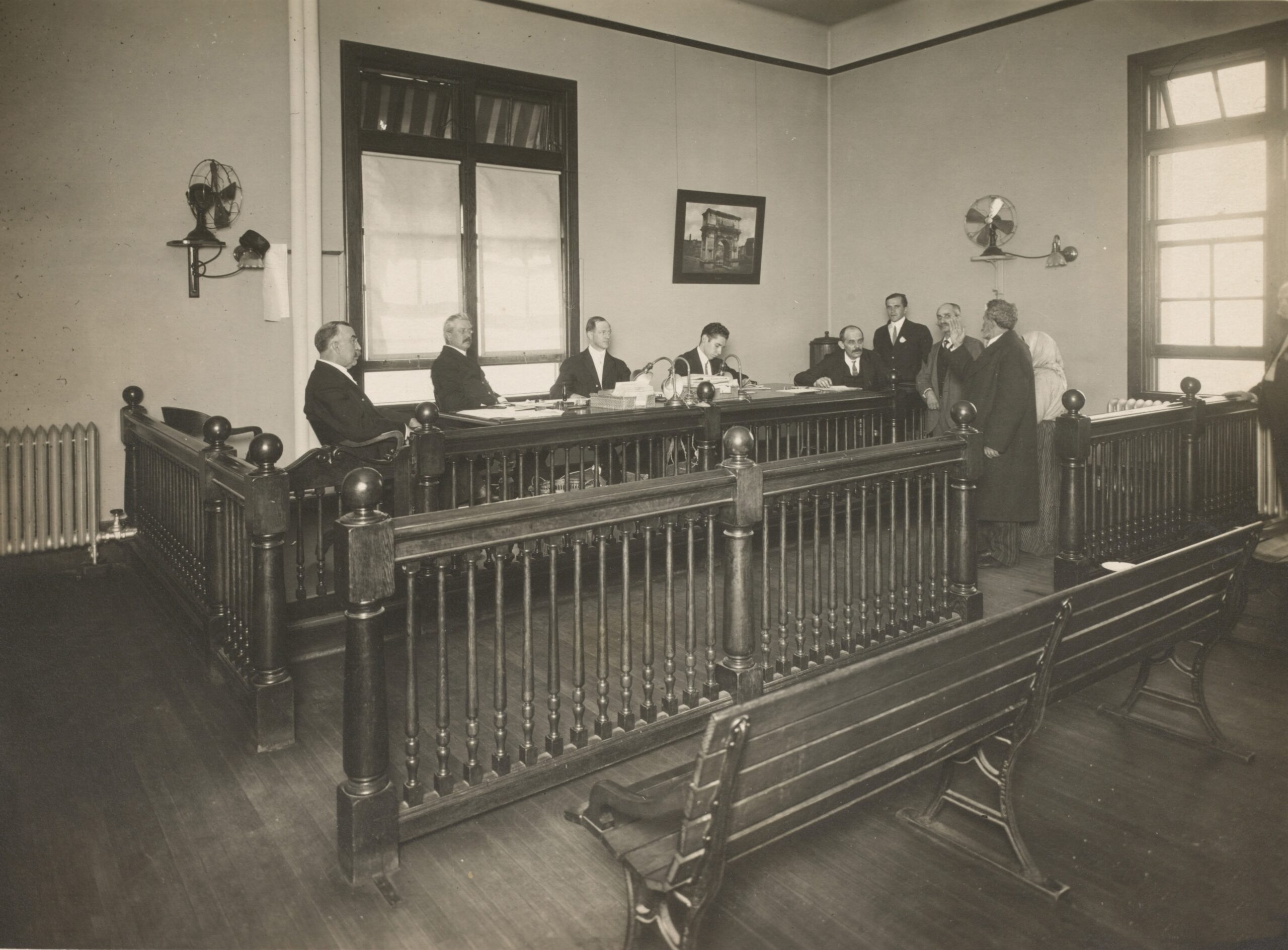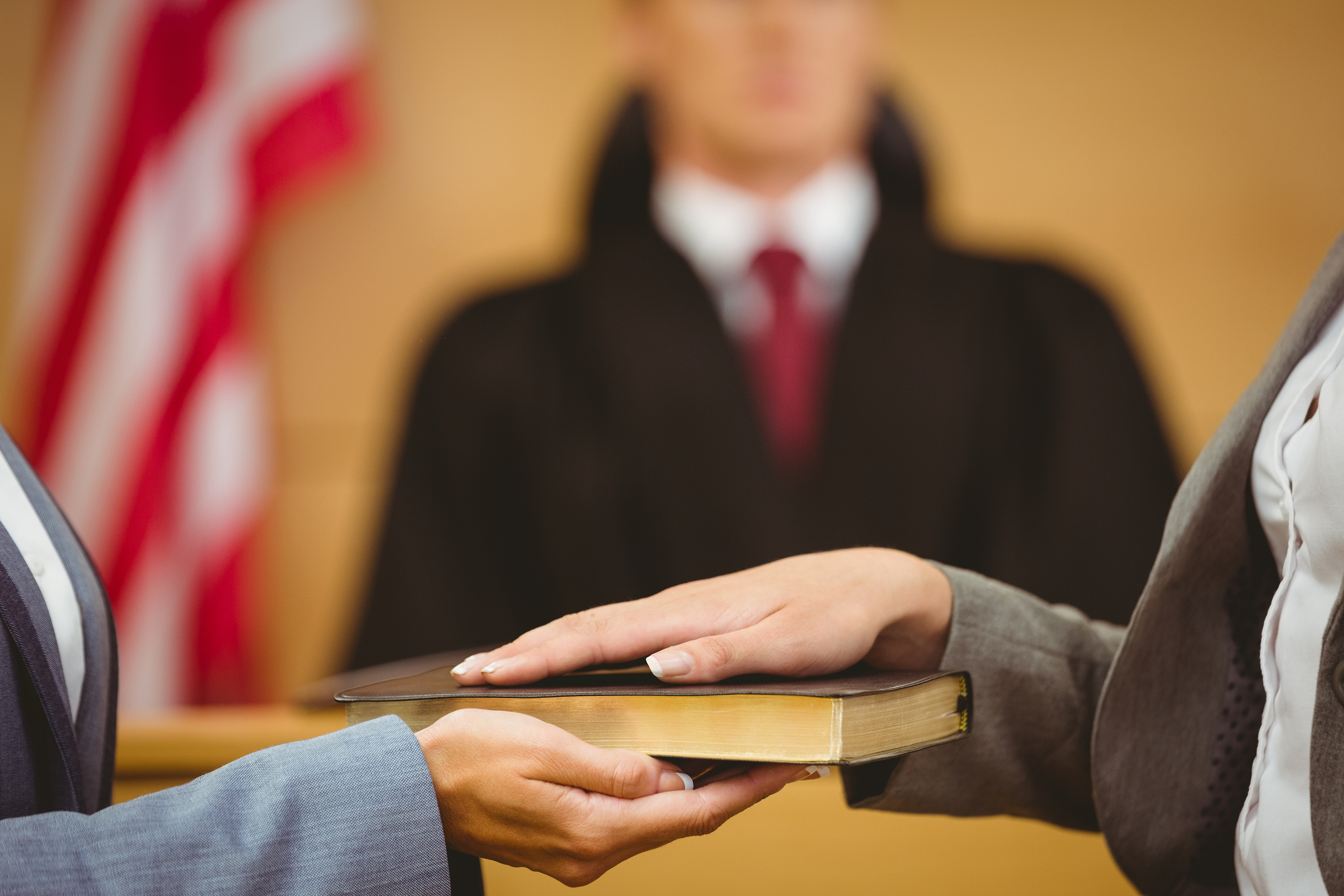The issue in People v. Speck, a decision published on February 2, 2022, by the California Court of Appeal, Third Appellate District, was whether the trial court judge made a prejudicial error when the judge failed to instruct the jury about the affirmative defense called mistake of fact. The Court of Appeal held that the trial court did make an error by not providing the mistake of fact jury instruction to the jury and that the error was prejudicial because it was reasonably probable that Mr. Speck would have obtained a more favorable jury verdict had the jury been instructed correctly.
The defendant, Mr. Speck, was charged with two felonies – vehicle theft, a violation of California Vehicle Code section 10851(a), and receiving stolen property, a violation of California Penal Code section 496(d). The case went to trial and a jury found the defendant guilty of both charges. The trial court judge sentenced the defendant to a three-year term in “county prison,” which is a prison term that is served in a county jail instead of a state prison. Mr. Speck appealed the conviction on the grounds that the trial court judge should have provided the jury instruction for a mistake of fact defense, and the judge’s failure to do so was a prejudicial error to the fairness of his jury trial.
What is a Mistake of Fact?
A mistake of fact is an affirmative defense that can be used to raise a reasonable doubt about the defendant’s intent to commit an element of a crime. In this case, Mr. Speck asserted that he had two mistaken beliefs that negated the intent to commit either of these crimes:
(1) the vehicle was not stolen, and thus he didn’t know he received stolen property, and (2) he did not steal the vehicle because he actually believed it was lawfully loaned to him.
He further argued that evidence of a mistaken belief that the vehicle was not stolen, and evidence of his mistaken belief that he had lawfully borrowed the car from another person, should have been sufficient to instruct the jury on the mistake of fact defense and that if the jury had been given that instruction, then the jury could reasonably have reached a decision more favorable to him (such as deciding he was not guilty of one or both charges).
The Court of Appeal noted that since both of these crimes had elements that required the prosecution to prove the defendant had specific intent, Mr. Speck’s mistaken beliefs only had to be actual and did

not need to be reasonable. This means that the mistake of fact defense would be successful in this case if the jury agreed that Mr. Speck actually believed that he had lawfully borrowed the car and actually believed that the car was not stolen. For specific intent crimes, the mistaken belief only needs to be actual and does not need to be objectively reasonable. On the other hand, for crimes of general intent, the defendant’s mistaken belief must be both actual and reasonable. Thus, in Mr. Speck’s case, the jury only needed to believe that Mr. Speck actually believed the car was not stolen and that he had lawfully borrowed it in order to acquit him of the criminal charges.
Evidence Presented to The Court of Appeal
The Court of Appeal also found that the defense had presented substantial evidence of Mr. Speck’s mistaken belief. This was important because the mistake of fact instruction is only given when the defense presents enough evidence to justify giving the instruction. Some of the evidence presented that supported the instruction included
(1) Mr. Speck testifying that he borrowed the car;
(2) the keys to the car had been given to him;
(3) there was no evidence of hot-wiring or tampering with the vehicle’s ignition;
(4) he had borrowed the same car previously; and
(5) he had been pulled over by law enforcement the previous day and nothing occurred during that incident that would indicate the car was stolen.
While there was other evidence presented that Mr. Speck did steal the car or actually did know that the car was stolen, what matters for the mistake of fact defense is whether there is substantial evidence of the defendant’s mistaken belief presented at trial. The Court of Appeal agreed that there was, and that should have been enough to justify giving the mistake of fact jury instruction.
The Notion of Harmless Error
The last hurdle Mr. Speck faced on appeal was the notion of harmless error. The idea is that even if the trial court made an error during the trial, the error was harmless and did not have a reasonable probability of changing the outcome. The Court of Appeal agreed with Mr. Speck’s argument that it would have been reasonably probable that he would have obtained a more favorable result at this trial had the error not occurred. Because Mr. Speck’s intent was an essential part of the case, the Court of Appeal concluded that the mistake of fact jury instruction would have drawn the jury’s attention to the facts that could have raised a reasonable doubt as to Mr. Speck’s intent to commit these crimes. Therefore, the trial court’s failure to provide the mistake of fact jury instruction was prejudicial and was not harmless.
Since Mr. Speck’s appeal was successful, his conviction was overturned and the case was returned to the trial court in order for Mr. Speck to have a new trial.
Contact Wallin & Klarich Criminal Defense Attorneys Today
If you have been convicted of a crime, do not give up the fight. We have a team of criminal appeals attorneys at Wallin and Klarich who have been fighting for our client’s freedom for over 40 years.
With offices in Orange County, Riverside, San Bernardino, Victorville, West Covina, Torrance, Los Angeles, and San Diego, you can find an experienced Wallin & Klarich attorney to help you no matter where you are located.
Contact our offices today at (877) 4-NO-JAIL or (714) 587-4279 for a free, no-obligation phone consultation. We will be there when you call.



